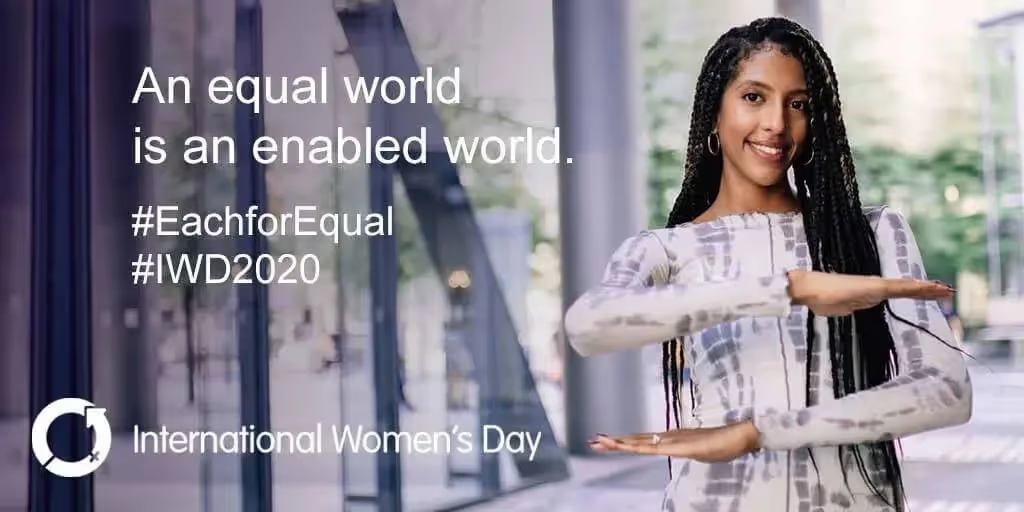“An equal world is an enabled world. Raise awareness against bias. Take action for equality.”
As a company that never does anything without data, on this International Women’s Day, we wanted to take the opportunity to revisit some of the numbers around women in scientific industries, data science and the wider STEM fields:
Women in Science and Data: The Numbers
- Only 26% of AI and data professionals globally are women (Source: Reports of the Secretary-General United Nations)
- Less than 30% of scientific and technological researchers are women (Source: UNESCO)
- By the age of 6, girls already consider boys more likely to show brilliance and be more suited to “really, really smart” activities than their own gender (Source: “Gender stereotypes about intellectual ability emerge early and influence children’s interest”. Science, Bian, Lin, et al. 2017
- When there are new STEM opportunities, women gain only 1 while men gain 5 (Source: World Economic Forum, The Future of Jobs, 2016)
- Female students and employees are under-represented in STEM-related fields. Less than a third of female students choose to study higher education courses in subjects like math and engineering. Just 3% of students joining information and communication technology (ICT) courses across the globe are women. That improves slightly to 5% for mathematics and statistics courses. And it increases to 8% for engineering, manufacturing and construction courses (Source: World Economic Forum)
- Women working in STEM fields publish less and often receive less pay (Source: Women and Men in STEM Often at Odds Over Workplace Equity, PEW Research Center)
If you want to dig into the data yourselves, there is a great resource courtesy of UNESCO. The team is developing new indicators about the dynamics that shape women’s decisions to pursue STEM careers – from their educational pathways to the social factors, such as starting a family and workplace environment. The data will then be used as an evidence base to better target policies at the national, regional and global levels through a new project, known as SAGA (STEM and Gender Advancement), financed by the Swedish International Development Cooperation Agency (SIDA).
Bond Girls: Data Scientists
This is a topic very close to our hearts. As a predominantly female team working in both data and life sciences (go Bond Girls!), we are passionate about breaking down every barrier we can to get and retain more women in our field. You can do your bit on a practical level. One simple way is to address bias where you see it. For example, there is a great initiative run by Bobbie Carlton (Innovation Women) that is designed to address bias on panels and speaking opportunities. If you see a panel of speakers who are all male, tweet it using the hashtag #manel. Put yourself forward to speak at conferences (yes you are as qualified as your male peers to be a thought leader!), publish that article. Own your brand!
It is up to each and every one of us to do our bit. Diversity and inclusion is not just a ‘hot topic’. Not addressing it has real-life consequences for people, but also impacts business performance. Don’t just let International Women’s Day be one day a year: make sure that addressing all inequalities is at the heart of all your business decisions. It is something that we are committing to. Join us.



